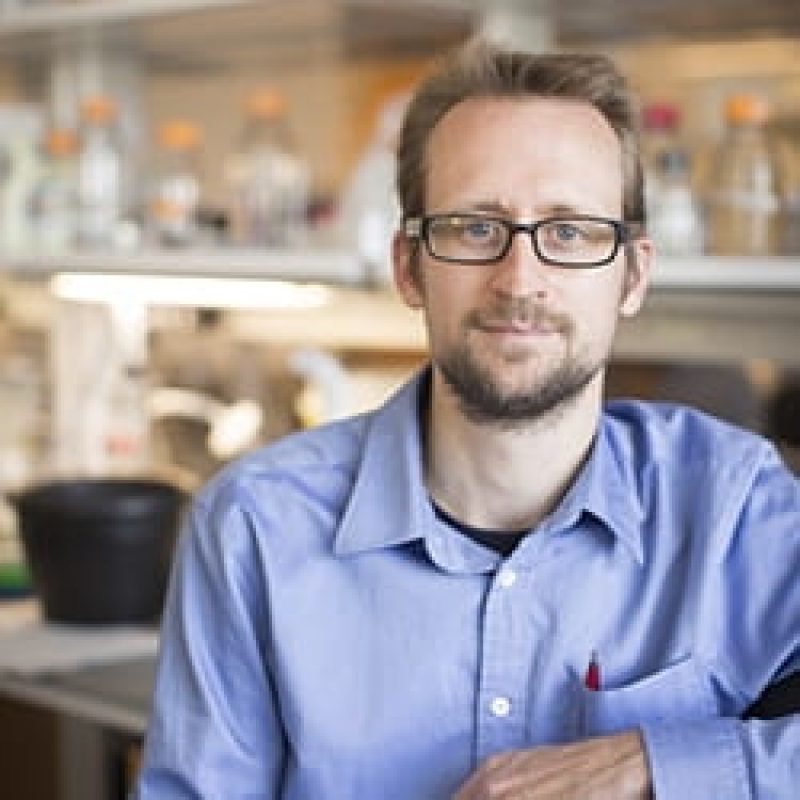Tag: Animal Hosts
-

Laura Harrington
My research focuses on the biology, ecology and behavior of mosquitoes that transmit human diseases such as dengue fever, West Nile virus and malaria. I have developed methods for studying blood feeding patterns, survival and longevity, mating behavior and feeding behavior of mosquitoes in both[...] -

Megan Greischar
Parasite life history strategies within the host, especially the timing of replication and transmission, influence disease severity and spread. I study how subtle differences in ecology within and outside the host can generate dramatic differences in parasite strategies. My research program uses two major approaches:[...] -

Stephen Ellner
I am a theoretical ecologist working on disease transmission in multi-species communities characterized by functional traits. Students and postdocs in my research group have worked on a variety of projects related to control of invasive species in heterogeneous landscapes. -

Tobias Dörr
We study how bacteria respond to and survive stressful conditions, particularly damage to the cell envelope. Students in the Doerr lab learn techniques ranging from microscopy and image analysis to molecular biology. The lab is very active with undergraduate research and has extensive experience in[...] -

Pamela Chang
Our research focuses primarily on three areas: We develop activity-based probes to understand the metabolic activity catalyzed by the gut microbiome during different disease states. We also characterize the small-molecule metabolites produced by the gut microbiota that regulate inflammation during inflammatory diseases and host defense[...] -

Nicolas Buchon
The Buchon lab focuses on the impact of pathogens and the microbiota on body homeostasis. We use systemic infection as a model for septicemia, and the gut response to infection as a model for mucosal immunity. Genomic and genetic approaches allow us to characterize new[...] -

Gary Blissard
The Blissard lab addresses fundamental questions on the biology and pathology of virus-insect interactions. A primary focus is the study of viral envelope glycoproteins and their interactions with host insect cells and cell proteins during viral entry and egress. Another focus are is understanding the[...] -

Brito lab: HIPR-FISH paper in Nature
The Brito lab has published a paper in Nature in collaboration with the De Vlaminck Lab; “Highly multiplexed spatial mapping of microbial communities.” PAPER: https://www.nature.com/articles/s41586-020-2983-4
-

Ilana Brito
I study how microbes in the human microbiome are transmitted among individuals, using a wide range of approached including shotgun metagenomics of microbiome communities, culture-based methods, and single-cell analyses. Another main focus is horizontal transmission of genes between members of the microbiome, specifically focusing on[...] -

Avery August
The August lab is interested in infection-based and environment signals that trigger inflammation. We are particularly interested in signals regulated by the Tec family kinases, and how they regulate activation of cells such as mast cells and T cells to drive their differentiation and production[...]
